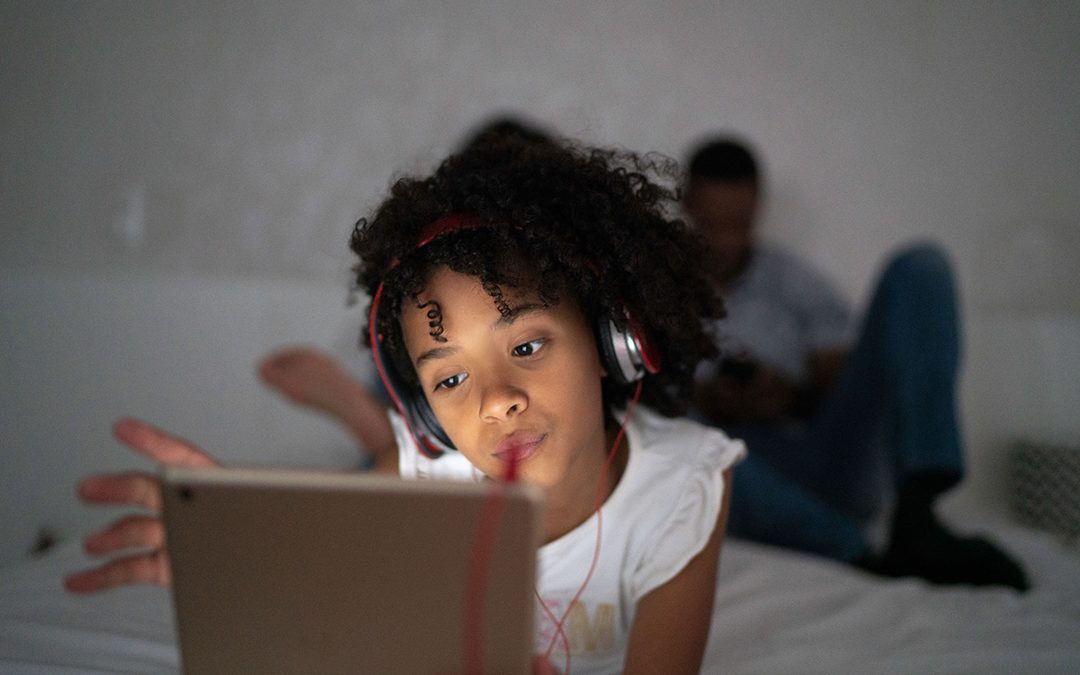
How Much Screen Time is Too Much?
Now more than ever, we spend a generous amount of time staring at screens. Whether that is for school, work, personal use, or even family fun night, our TVs, cellphones, and computers seem to always be on.
They say too much of anything is bad for you, so how much screen time is bad for you? Are there any negative effects? How can I cut down on screen time?
Here are the Stats
Let’s talk about some statistics first. Adults average 11 hours a day on screens, while children ages 2-5 average 32 hours a week.
Teens, on average, spend about 7 hours a day on screens just for entertainment purposes alone. This does not include screen time for homework or using multiple screens at a time.
To be fair, some of the time we spend staring at screens is unavoidable, most commonly because of work or school, but 7 hours a day for entertainment is in addition to that. Experts advise not to spend over 1-2 hours a day for recreational use during the weekdays, and then bump that up to 3-4 hours during the weekends. Those are some big numbers across the board, but is screen time actually harmful?
Negative Effects
Multiple problems can stem from too much time sitting in front of a screen. According to the Mayo Clinic, “When you sit, you use less energy than you do when you stand or move. Research has linked sitting for long periods of time with a number of health concerns. They include obesity and a cluster of conditions — increased blood pressure, high blood sugar, excess body fat around the waist and abnormal cholesterol levels — that make up metabolic syndrome. Too much sitting overall and prolonged periods of sitting also seem to increase the risk of death from cardiovascular disease and cancer.”
Blue light, such as that emitted from your phone, TV, or computer, can mess up your circadian rhythm (also known as your sleep cycle) when used before bed, which can lead to irregular sleeping patterns.
To top it off, a 2015 survey showed that one third of children felt unimportant or uncared for when their parents used screens excessively in front of them.
The Way Out
One simple way to limit your screen time is to limit where or when screens are allowed to be used. For example, you might have a rule that says, “no screens in bedrooms,” or, “no devices during dinner.” This is easy to monitor for the whole family, rids the problem of blue light before bedtime, and puts the attention at dinner time back on those around you.
Another easy yet effective way to cut down on screen time is to have a weekly, digital detox. What might this look like? Well, you essentially designate one night of the week where no one is allowed to use any of their devices for recreational purposes. It’s that simple.
Does this sound too boring? Then try pairing it with a family fun night, like group yoga, or maybe star gazing, or anything the family might enjoy together. Don’t worry if you can’t think of anything, here are some great suggestions from Parents magazine.
Some families work out ways that kids can “earn” screen time privileges by setting goals like one hour of reading (an actual book), riding a bike, or spending time crafting earns 15 minutes on the tablet for fun. Whatever methods you use, cutting down on screen time is beneficial to the whole family.

